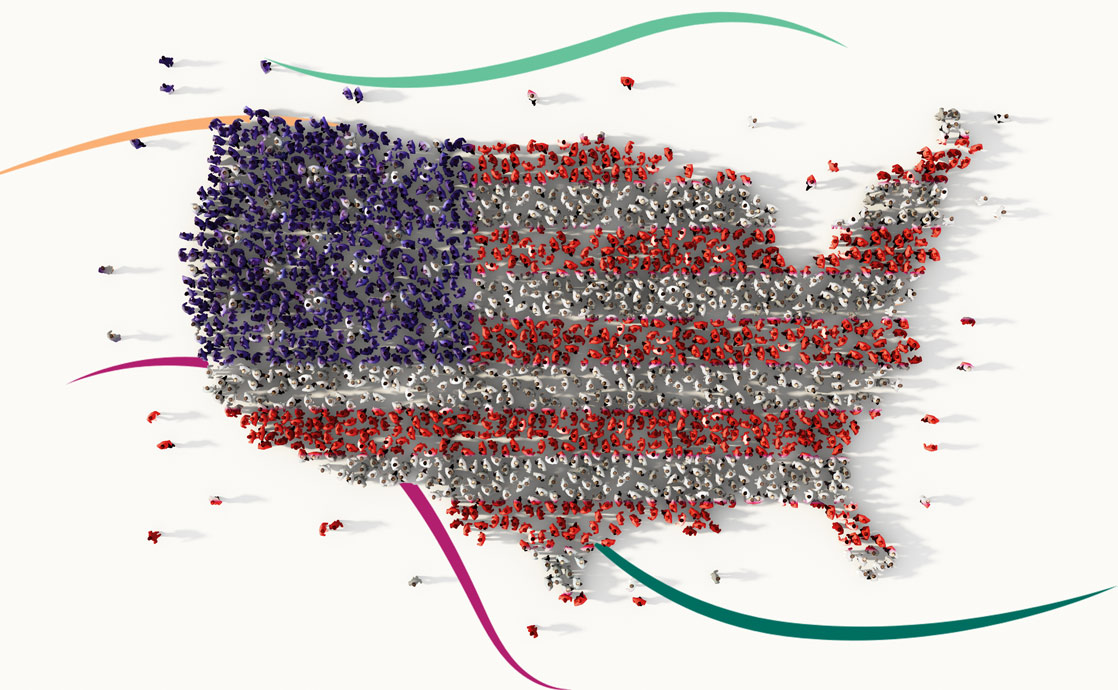The Bahá’í Faith, a relatively young global religion, is characterized by its commitment to the principles of unity, justice, and harmony. One of the most significant tenets within this tradition is the practice of non-partisanship. This principle transcends mere abstention from political affiliations; it encapsulates a holistic approach to human interaction and societal engagement grounded in the spirit of mutual respect and collective progress.
At the core of Bahá’í non-partisanship lies a profound understanding of the divisive nature of party politics, which often perpetuates enmity and discord. The teachings advocate for a perspective shift—encouraging individuals to rise above the entrapments of partisan alignment and embrace a more inclusive worldview. Such a shift not only fosters personal growth but it also enables the realization of a more harmonious society.
To fully comprehend how Bahá’ís practice non-partisanship, one must first consider the foundational teachings of the Faith. Central to these teachings is the belief in the oneness of humanity. This principle posits that all individuals, regardless of their affiliations or ideologies, are threads woven into the expansive tapestry of human existence. In this light, Bahá’ís are encouraged to view others not as adversaries defined by their political leanings but as fellow members of the same global family.
Another salient aspect of Bahá’í non-partisanship is the emphasis on justice. The teachings proffer that justice should be the cornerstone of all social practices and policies. This commitment extends beyond political frameworks to encompass personal interactions. As Bahá’ís engage in discussions about political issues, they are imbued with the responsibility to maintain a just and equitable discourse—one that prioritizes the well-being of the community over individual or partisan gain. This perspective urges Bahá’ís to analyze policies and practices not through the lens of party loyalty but through the lens of their potential impact on collective welfare.
Moreover, Bahá’í non-partisanship embodies the principle of consultation. This deeply embedded practice involves gathering diverse perspectives and engaging in collective decision-making devoid of divisive rhetoric and partisanship. The Bahá’í method of consultation is meticulously designed to harness the creative capacities of every individual involved, leading to decisions that are more reflective of communal aspirations rather than the whims of a single faction. This format not only reinforces the idea of unity but also cultivates an atmosphere of respect and understanding among participants.
To further elucidate these principles, consider the pragmatic implications of non-partisanship in today’s society. As political landscapes become increasingly polarized, the Bahá’í approach offers a salient alternative. In spaces where partisanship reigns, Bahá’í communities seek to create environments marked by inclusiveness and dialogue. They aim to engage individuals across the political spectrum by emphasizing shared human concerns—such as equality, education, and environmental stewardship. By redirecting focus away from partisan divisions and honing in on collective challenges, Bahá’ís exemplify how to foster collaborative relationships that transcend traditional political boundaries.
It is also essential to recognize the role of education in promoting non-partisanship within the Bahá’í community. Education is not merely the acquisition of knowledge; it is a transformative process intended to cultivate moral insights and foster ethical understandings. Through educational programs, Bahá’ís are taught to appreciate the diverse perspectives that exist within society. By nurturing critical thinking and empathetic engagement, these initiatives enable individuals to navigate complex political realities while adhering to the principles of non-partisanship.
Furthermore, the practice of non-partisanship extends into the realm of social action. Bahá’ís engage in various initiatives aimed at the betterment of society, often addressing systemic issues such as poverty, discrimination, and inequality. In doing so, they embody the principle of non-partisanship by cooperating with individuals and organizations across various political affiliations. This collaborative approach not only amplifies the efficacy of their efforts but also exemplifies a commitment to working towards the common good.
In conclusion, the Bahá’í approach to non-partisanship is intricately woven into the fabric of its teachings. It promises a transformative shift in perspective—moving beyond factional divides to embrace a vision of humanity that is inclusive, just, and collaborative. This practice challenges individuals to transcend their political affiliations, cultivate a spirit of consultation, and engage in social action that prioritizes collective welfare. In an era marked by division, the Bahá’í emphasis on non-partisanship offers a beacon of hope, illuminating a path toward unity and understanding in a complex world.
